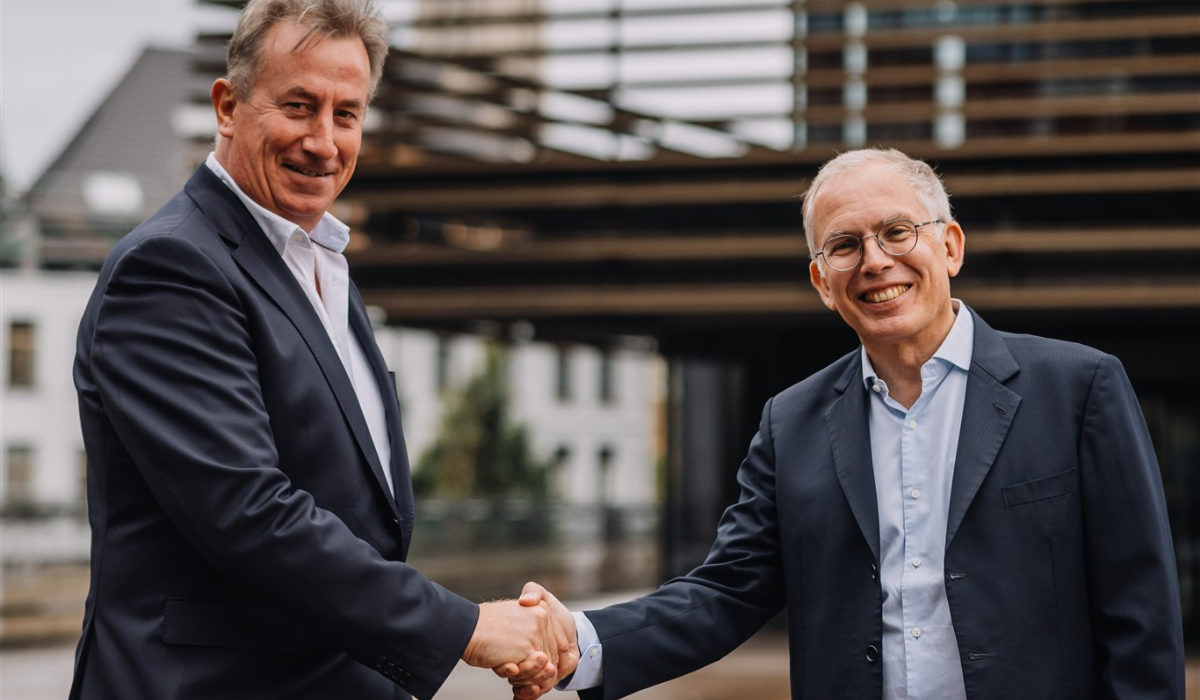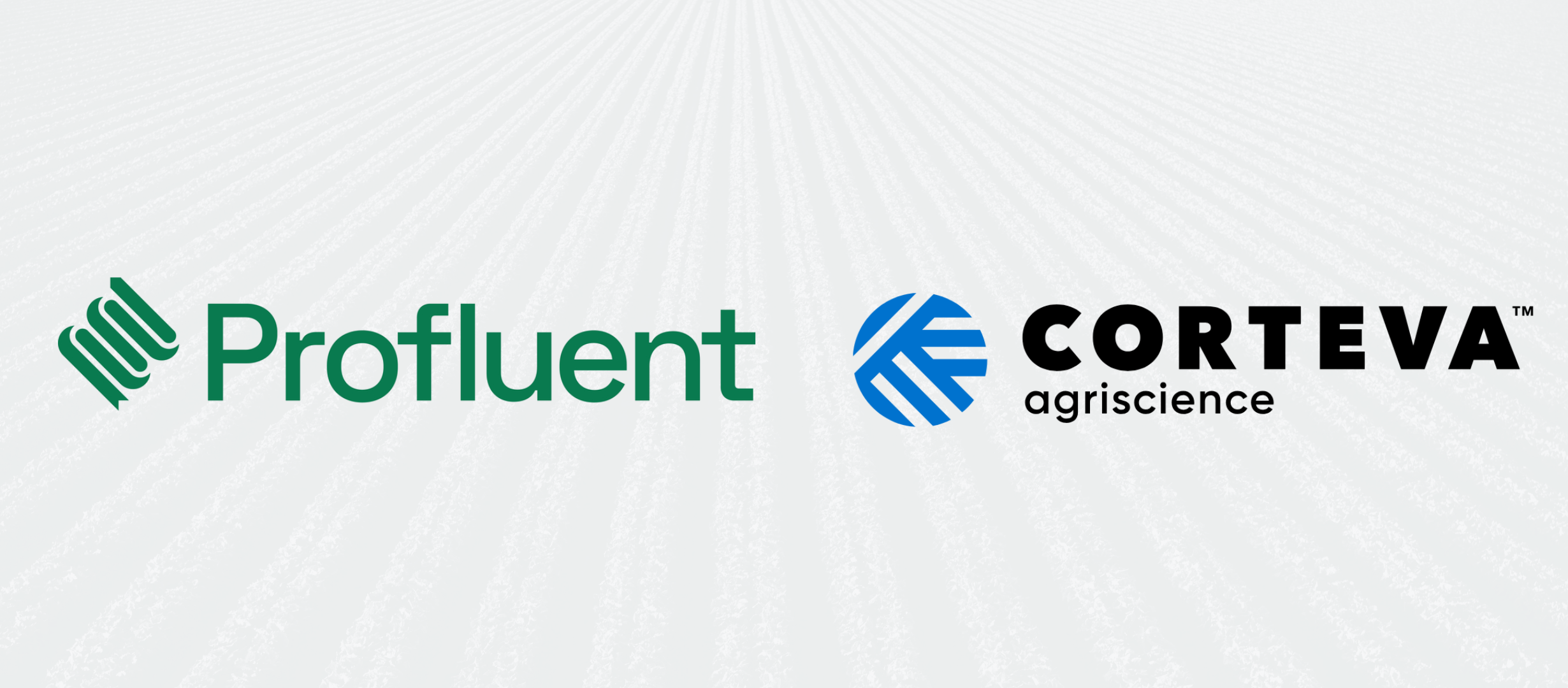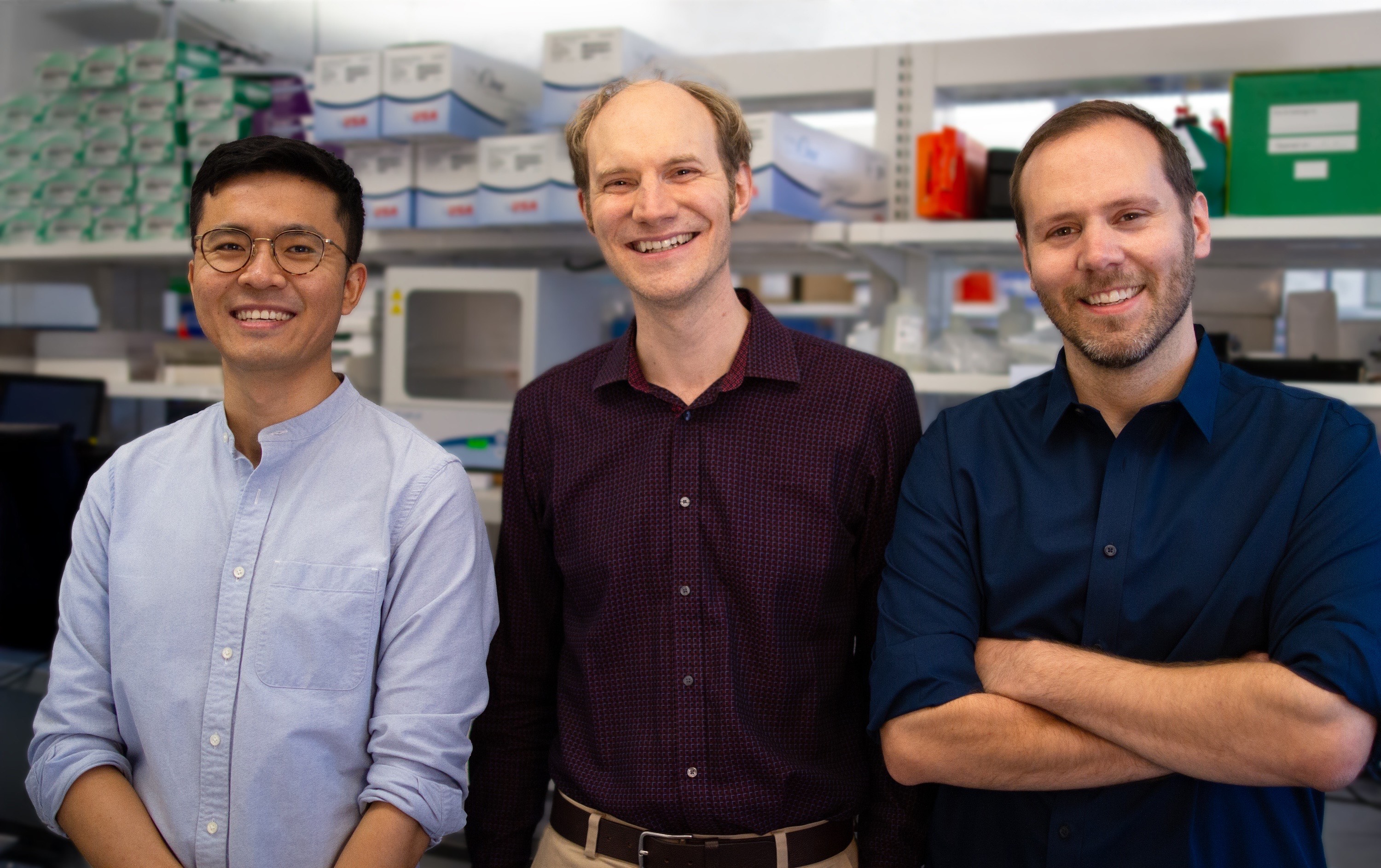WSGR’s Norviel has this IP advice for synthetic biology startups
WSGR’s Norviel has this IP advice for synthetic biology startups
“Biology is messy,” Vern Norviel, a partner at Wilson Sonsini Goodrich & Rosati says. “And that drives everything in the biotech world.”I recently had the chance to talk to Norviel, who has been a patent and intellectual property (IP) lawyer for over 30 years, and this is his main takeaway from working in the industry. But both the biotech industry and the patent industry barely existed when he first started his career.“It was a different world when I graduated. Nothing had been invented yet in the life sciences,” he told me.Patent law was a way to merge his engineering undergraduate degree and career as a lawyer. In 1984, patent and IP law was considered geeky, even embarrassing. Stanford didn’t teach classes on IP law. Of course, that changed when tech became Silicon Valley’s main export. Now it’s cool to be a tech lawyer.Norviel has watched and participated in the growth of the biotech and synthetic biology industry for the past three decades. Early in his career he helped found Affymetrix, a company that manufactures DNA microarrays used in research laboratories across the country. After leaving the company, he worked on patents for genetically engineered bacteria to clean up oil spills, a nitrogen fixating synthetic fertilizer for Pivot Bio, and many other fascinating biological inventions.Norviel is an expert resource on patent law for biotech and synthetic biology startups. Here are four of his most important lessons for biotech founders.
An investor’s number one concern will be patent strength
A strong patent is necessary to raise money from investors. Biological products fail often and after billions of dollars have already been spent. This makes patenting extremely important for a biotech company to make its money back. And an investor’s goal is to make money. The only way to do this is to have a high profit-margin product without any direct competition. Patents make this possible.“Venture capitalists will not invest unless they have an assurance that your patents are good and can be used to shut others down if there is a copy,” Norviel said. “And are 100 percent intolerant of anyone else having a patent that could be used to sue you. Patents have to be bulletproof to raise money or sell a company.”
Patents are necessary for life science innovation
Rob Carlson argued in his book, Biology is Technology, that patents slow innovation -- but Norviel sees things differently. Life science patents are extremely narrow and only cover precisely what has been developed, unlike the broad sweeping patents given in the software world. But according to Norviel, that’s because it’s easy to recreate code, but extremely difficult to recreate a drug or biological invention.“It requires a lot of money to develop a biotech company. It’s expensive to do the proof of concepts and run clinical trials. There’s no such thing as the garage inventor in biotech. You can’t develop a drug in a garage,” he said. “So if there are no patents, there will be no development. Full stop.”A CRISPR product can take ten years and two to five billion dollars to bring to market. The patent makes it possible to make that money back.
Company leadership should be deeply involved in the patent process
A signal to Norviel that a scientist or CEO will successfully navigate the waters of patenting is an almost obsessive-compulsive attention to detail.“It’s frightening to me if we send a patent application to a scientist and they just say ‘looks good,’” he said. “That implies to me that they aren’t dotting i’s and crossing t’s.”Lawyers are there to answer a founder’s questions and provide support. They should be seen as a resource instead of an agency with full autonomy. No one, not even a lawyer, will understand the product as well as its creators. Norviel wants to see the leader of the company make notes, ask questions and suggest changes. That’s how he knows they are paying attention.
Don’t do it on the cheap
The biggest mistake a synthetic biology company can make is not investing in their patenting. Good lawyers are expensive but worth the money for a life science company. It takes money to scour all the other patents in the world for infringement problems and to write an ironclad patent that can stop third-party competitors.Missing a competing patent down the line will have catastrophic results. Investors won’t cut checks, and bigger companies will pull out of acquisitions when they find the issue you overlooked, which they will.“It can shut the whole darn thing down if you don’t do it right,” Norviel said. “When a company tries to do it on the cheap, it shows, and it’s predictive of a bad outcome.”Patenting can be complicated and confusing, but it’s an essential part of the biotech business landscape. Good patents are the key to financial success. Norviel stresses that the best teacher for understanding the process is getting experience. He advises aspiring biotech founders to practice during their academic careers. In university research laboratories, younger P.h.D.s can get a front row seat to watch an expert develop a patent the right way.“The leaders in an academic setting are also really good at getting patents,” he said. “ It’s a necessary skill set for any leader in the life sciences.”The people have built strong patent portfolios are concurrent with the leaders in the life science industry. George Church at Harvard, Steve Quake at Stanford, Jennifer Doudna at UC Berkeley and Eric Lander at Broad Institute have all built their careers on patenting well.These scientists understand that biology combines two characteristics that make success difficult; high costs and likely failure. Like Norviel says, biology is messy. Once a biotech product works, it takes work to protect it.



.svg)










.jpg)

.gif)